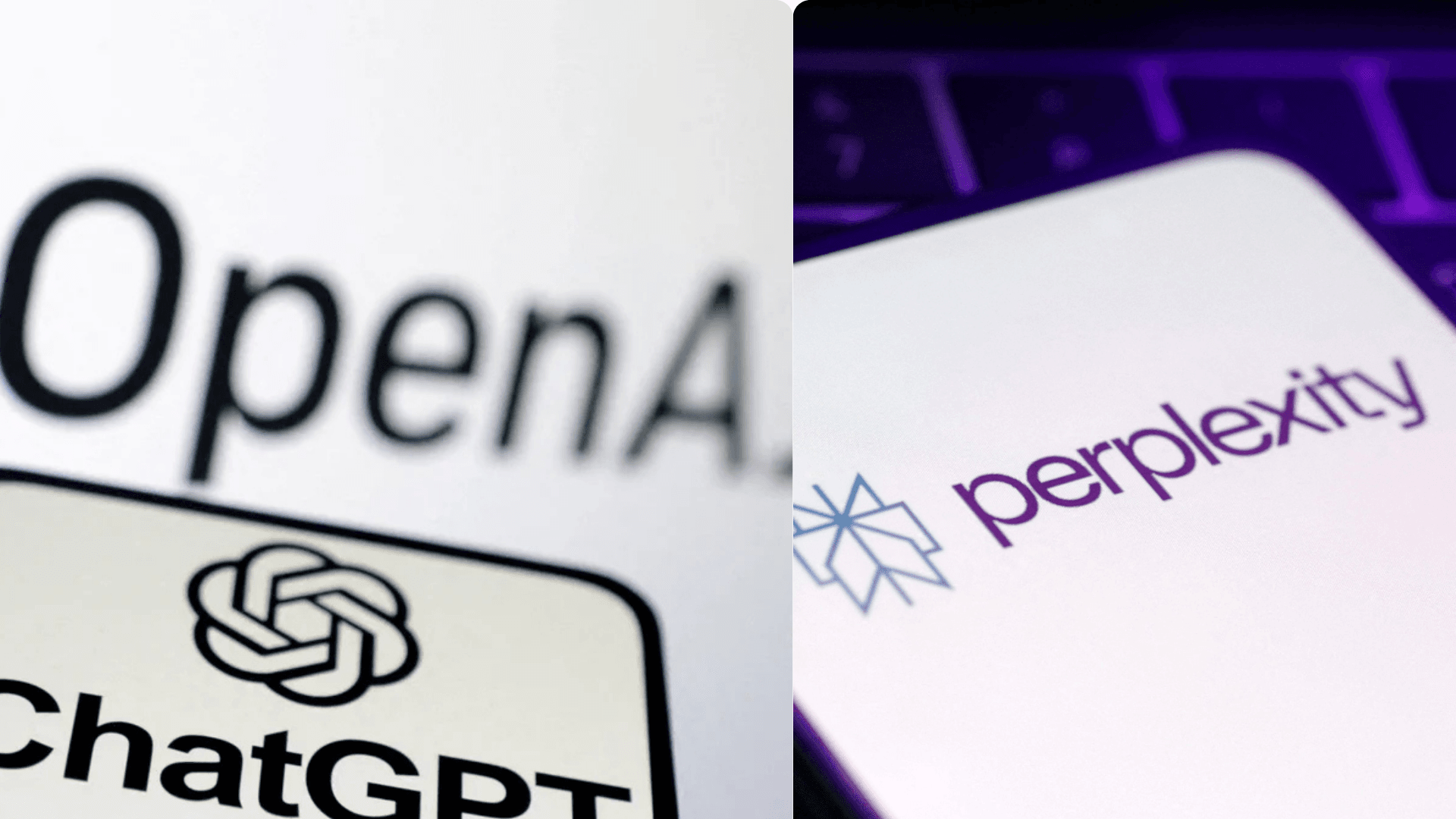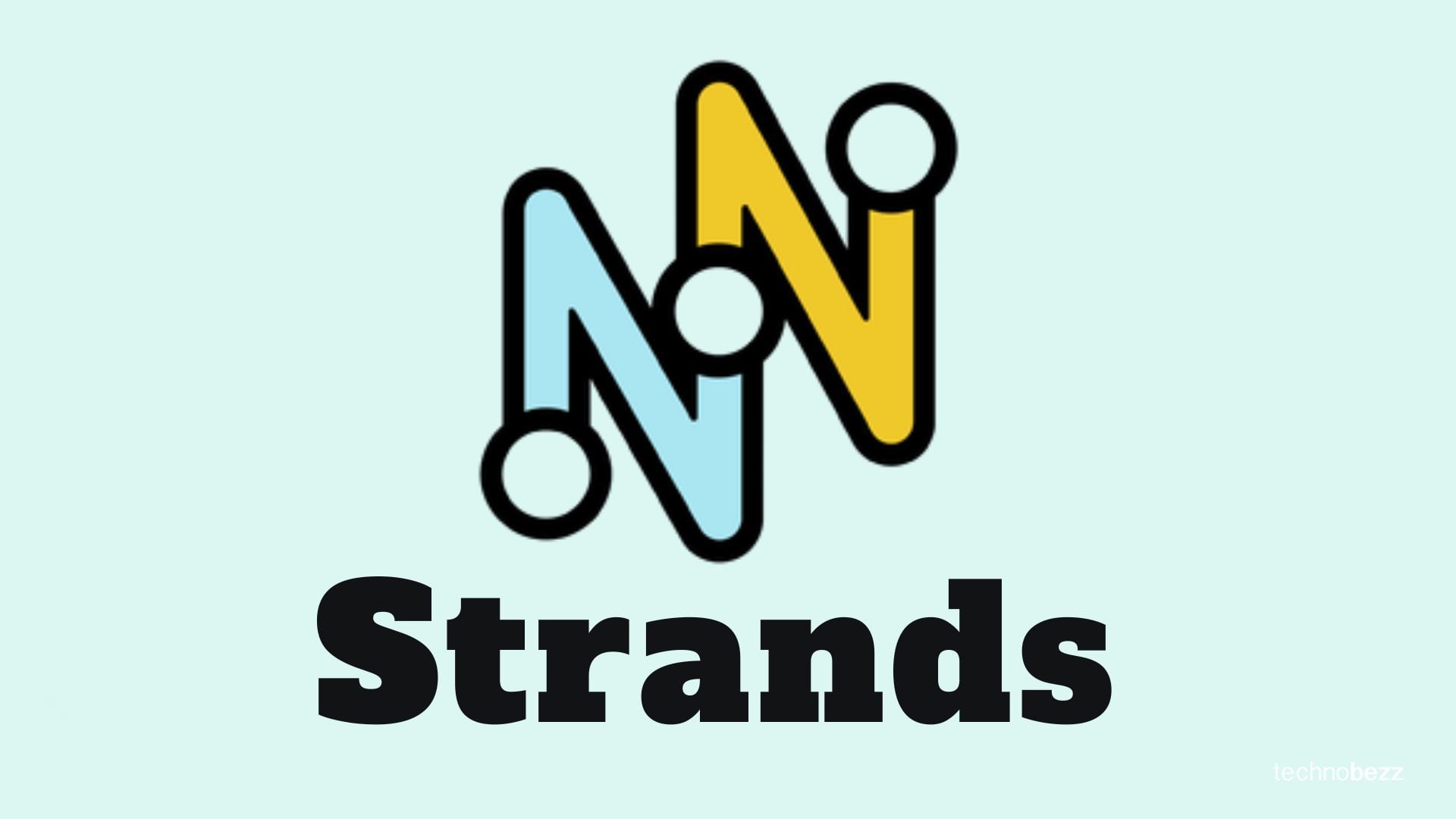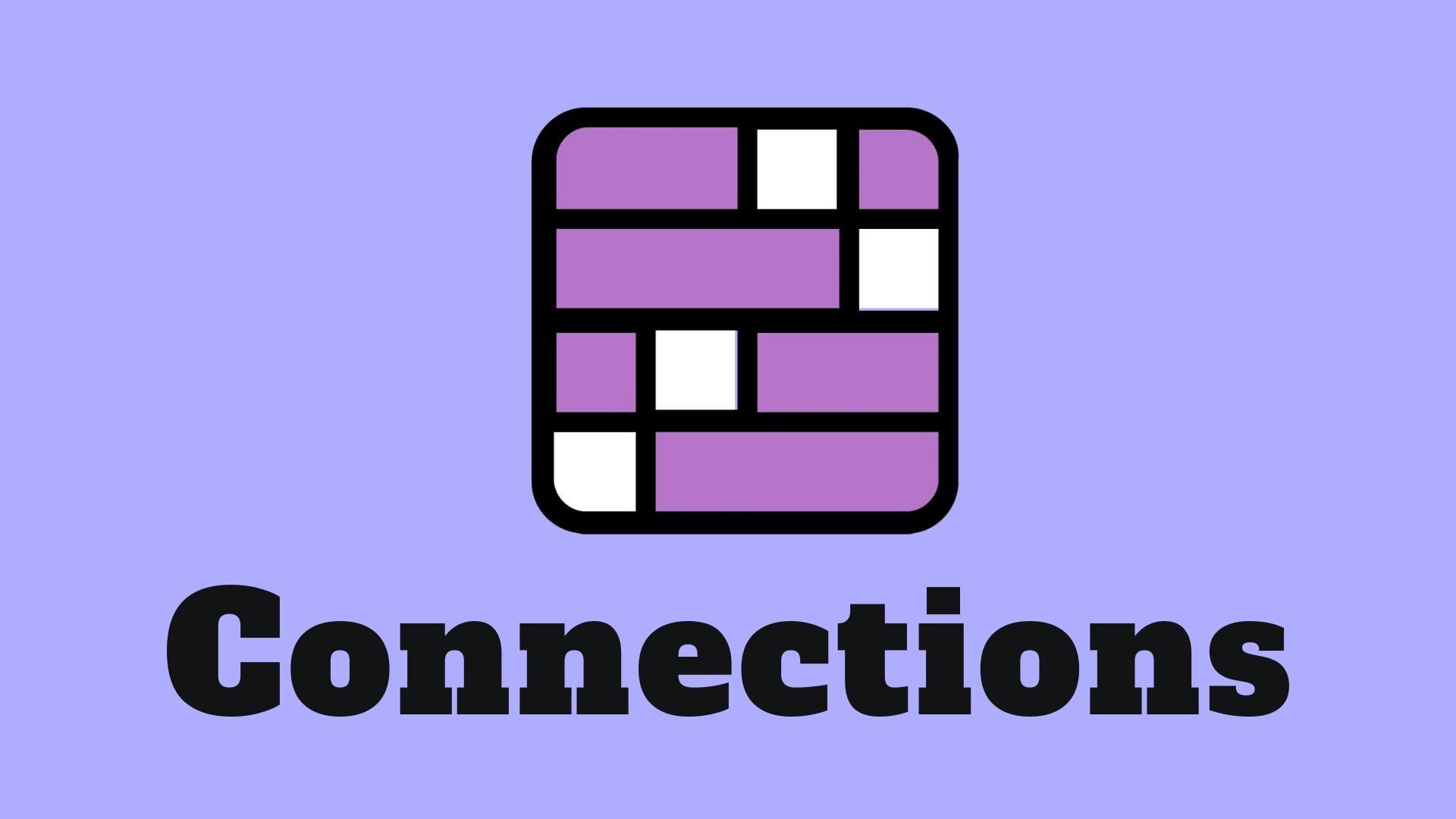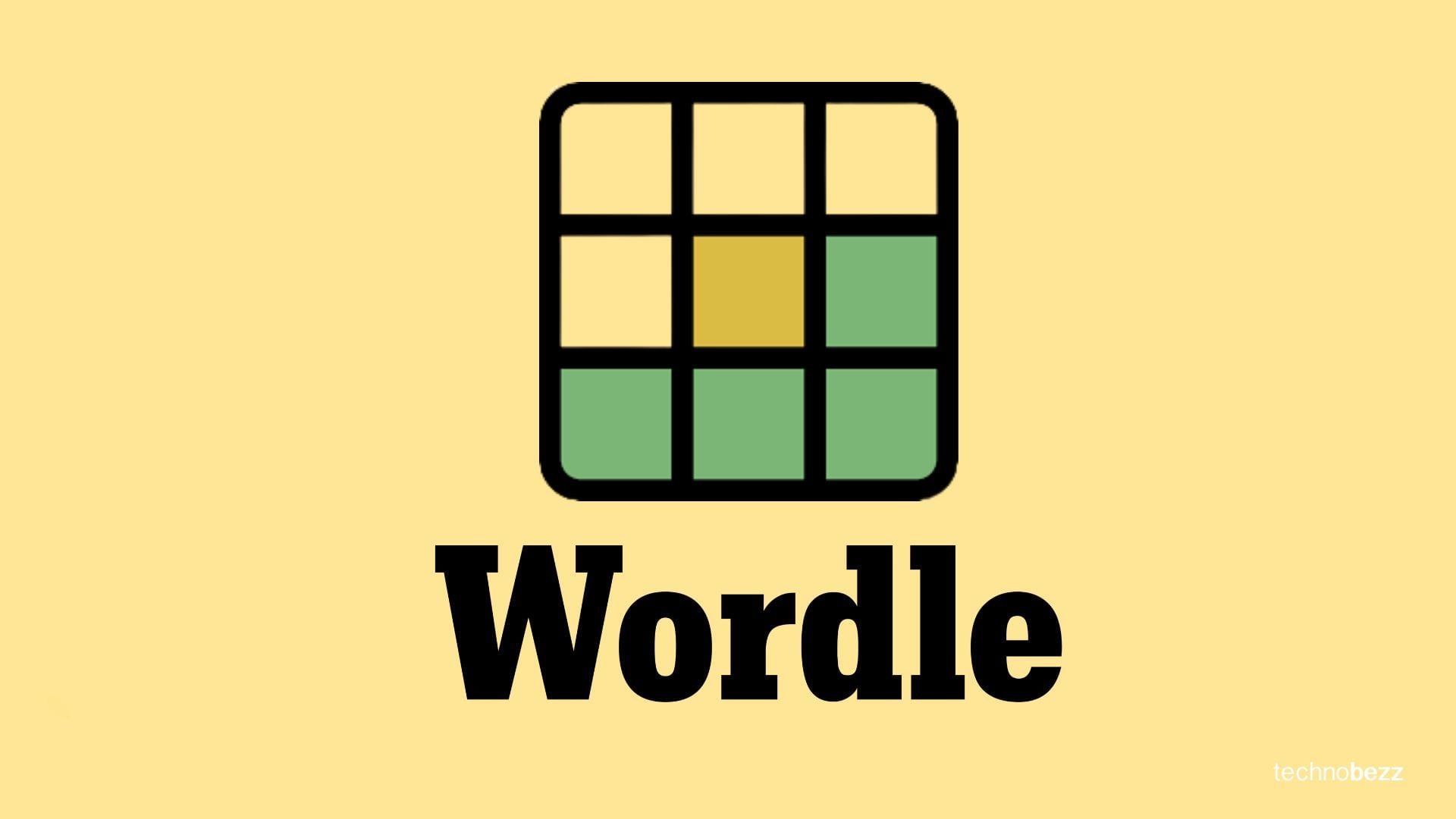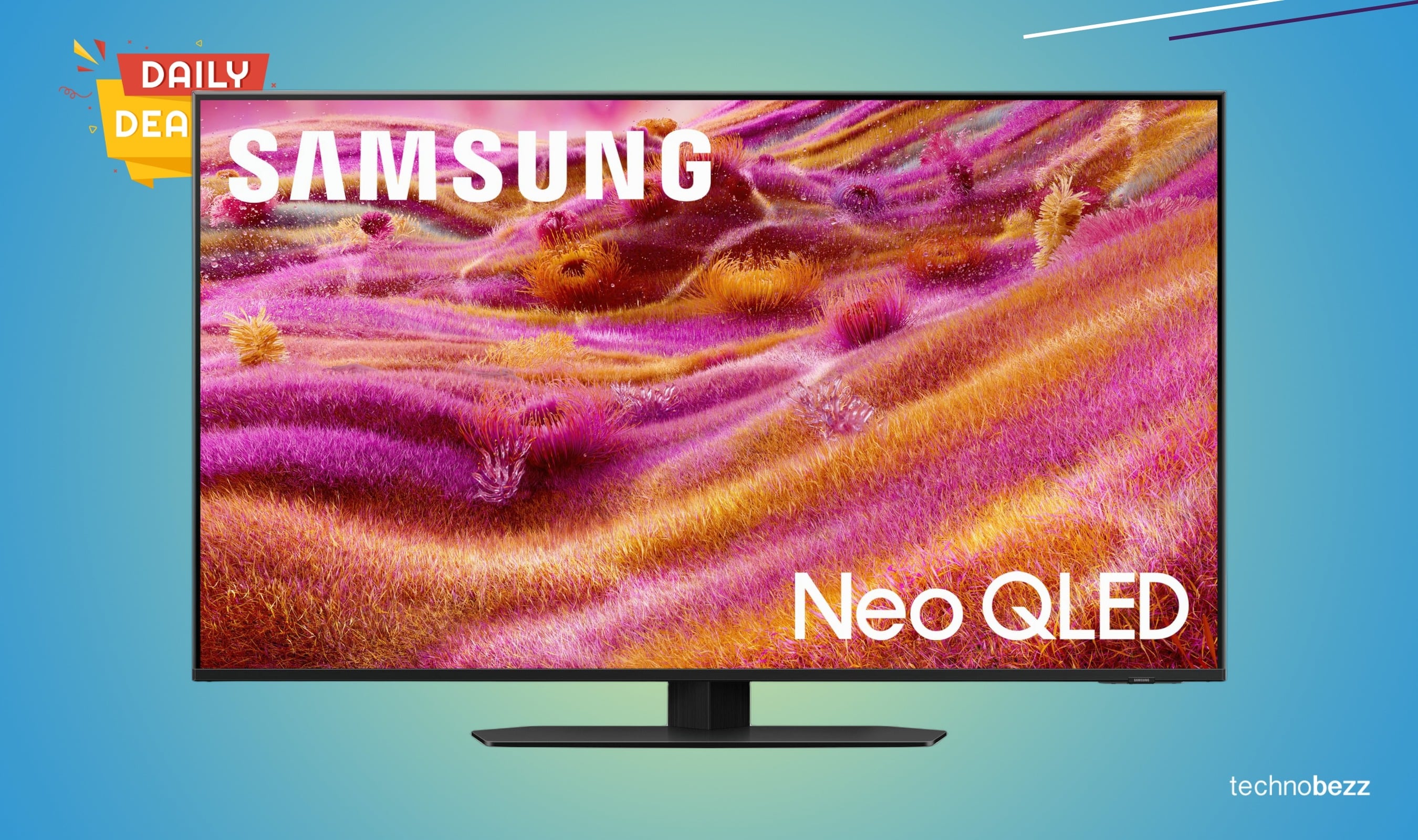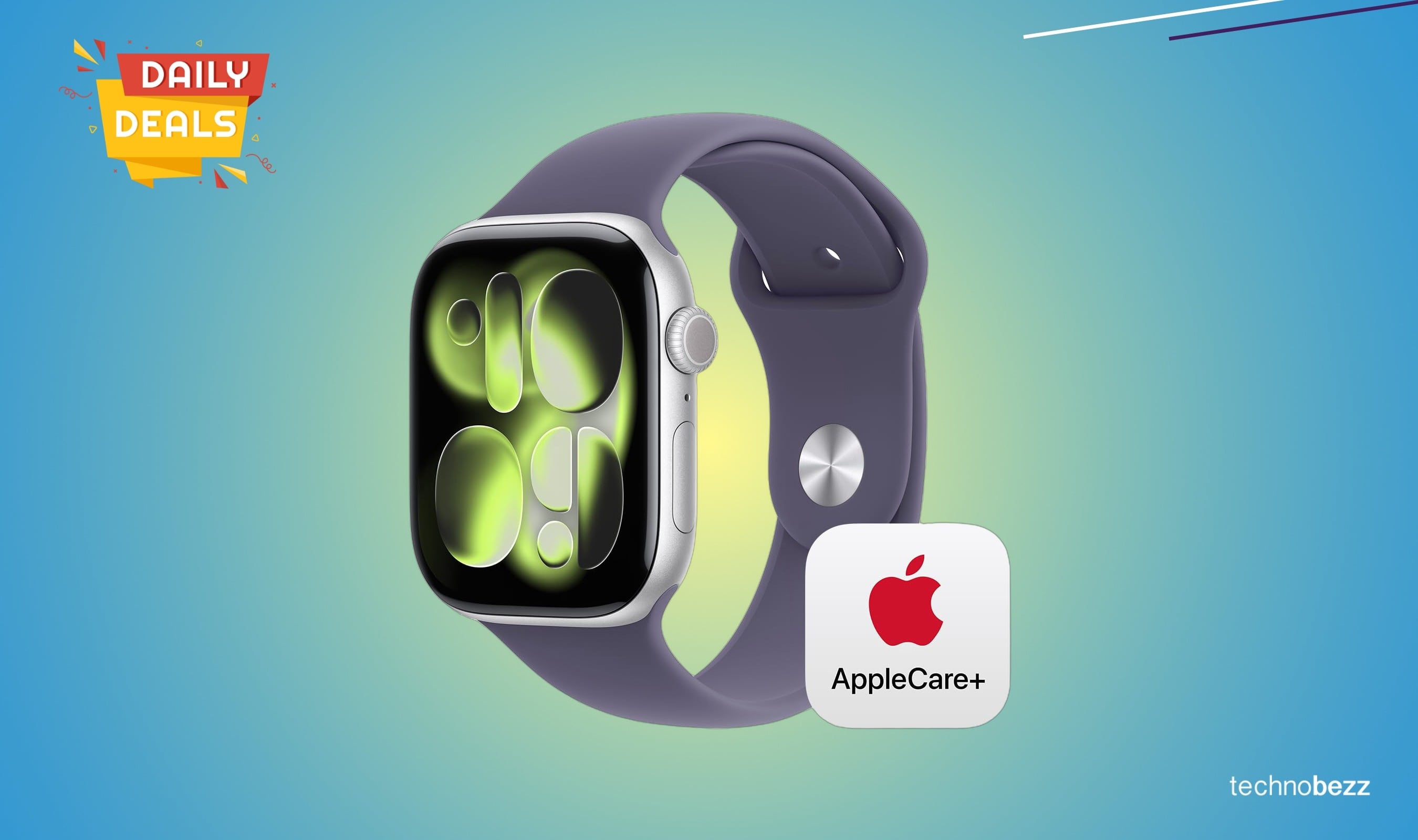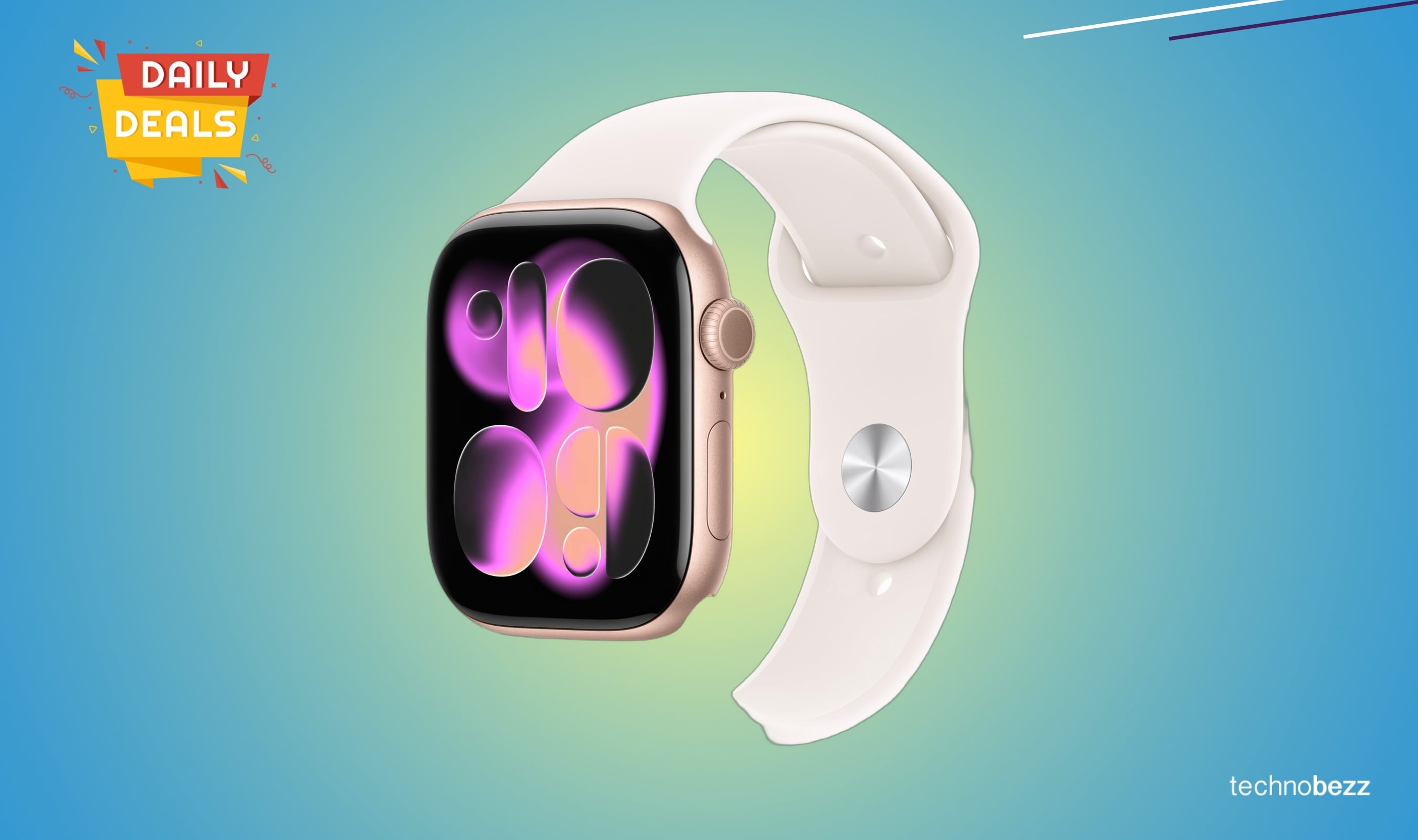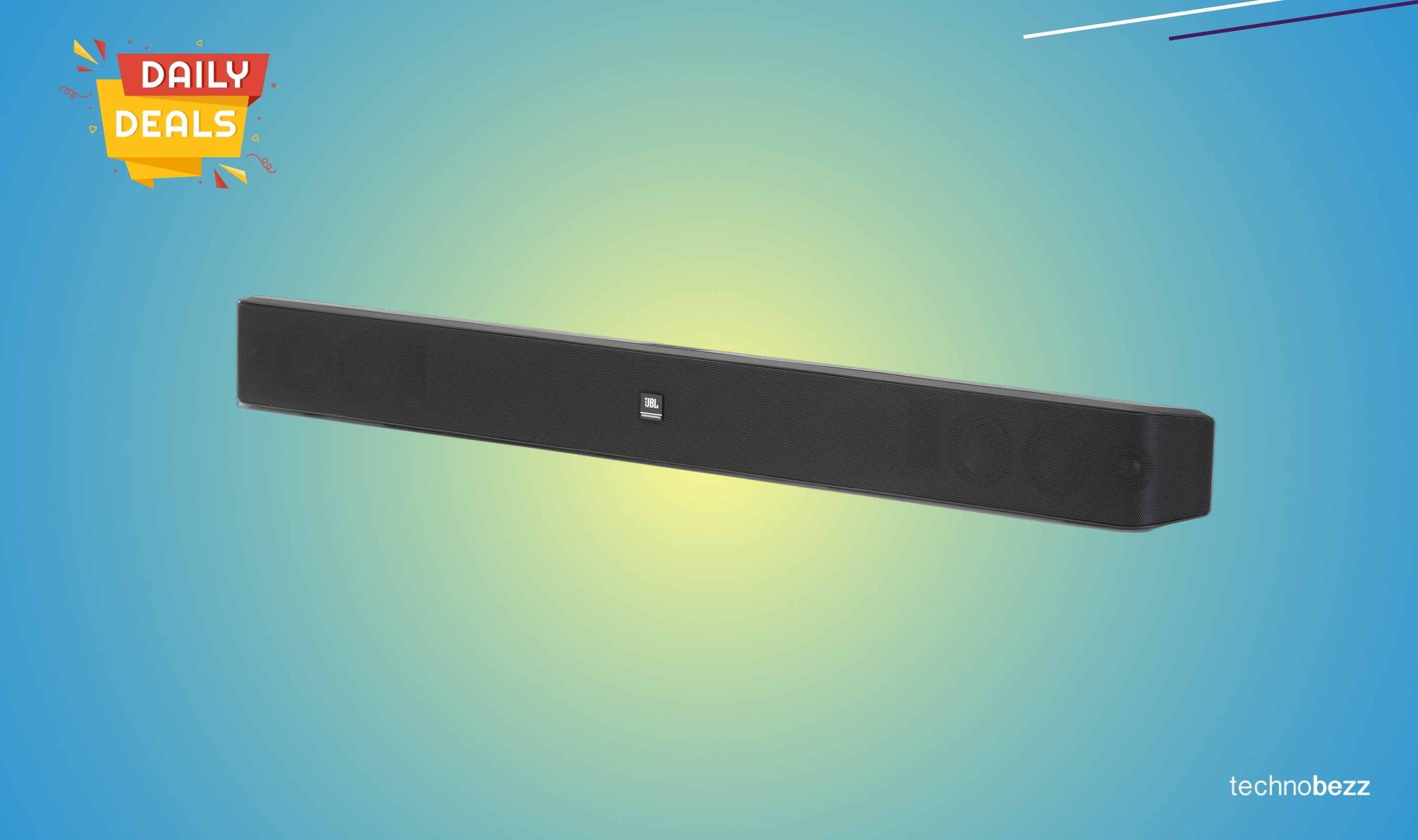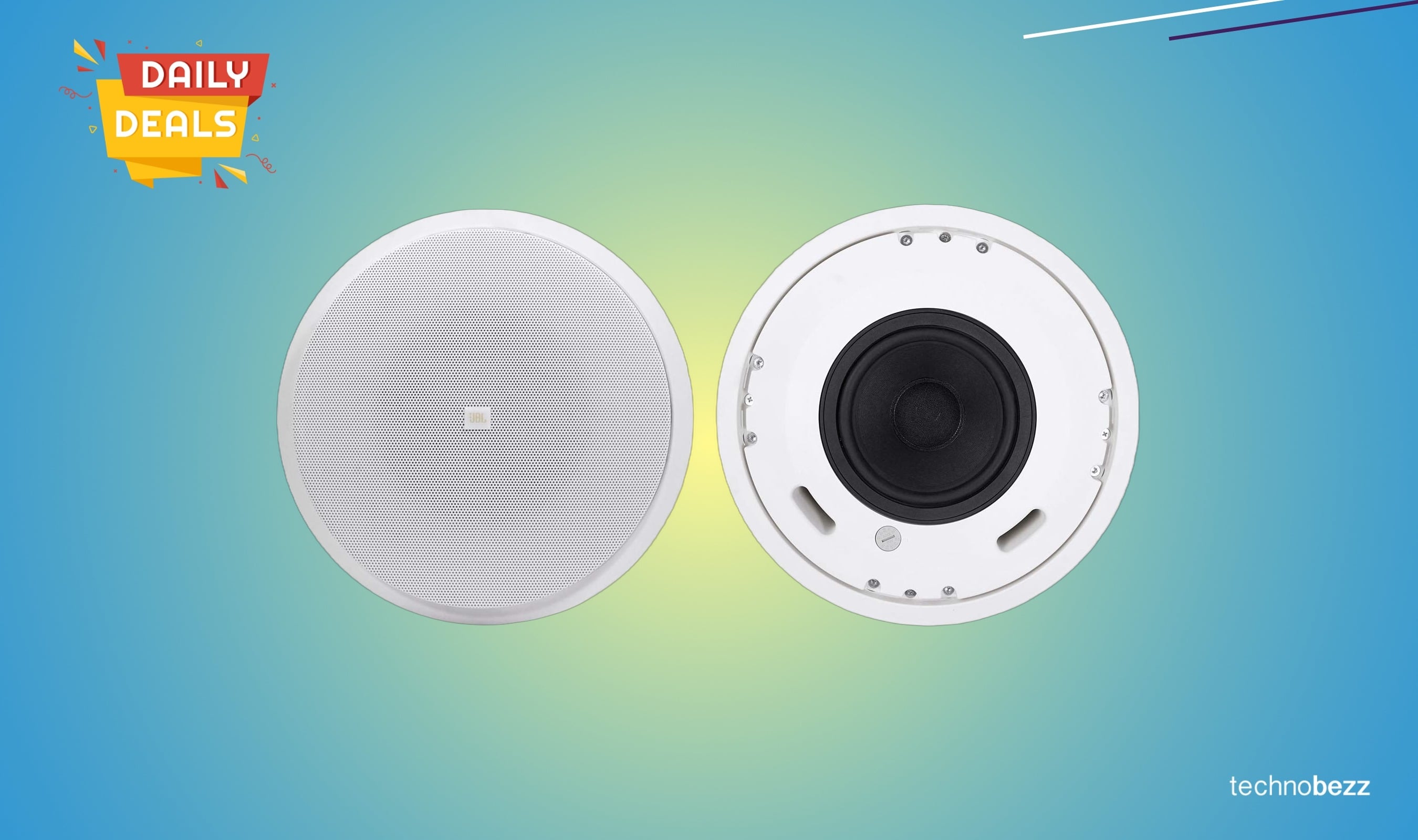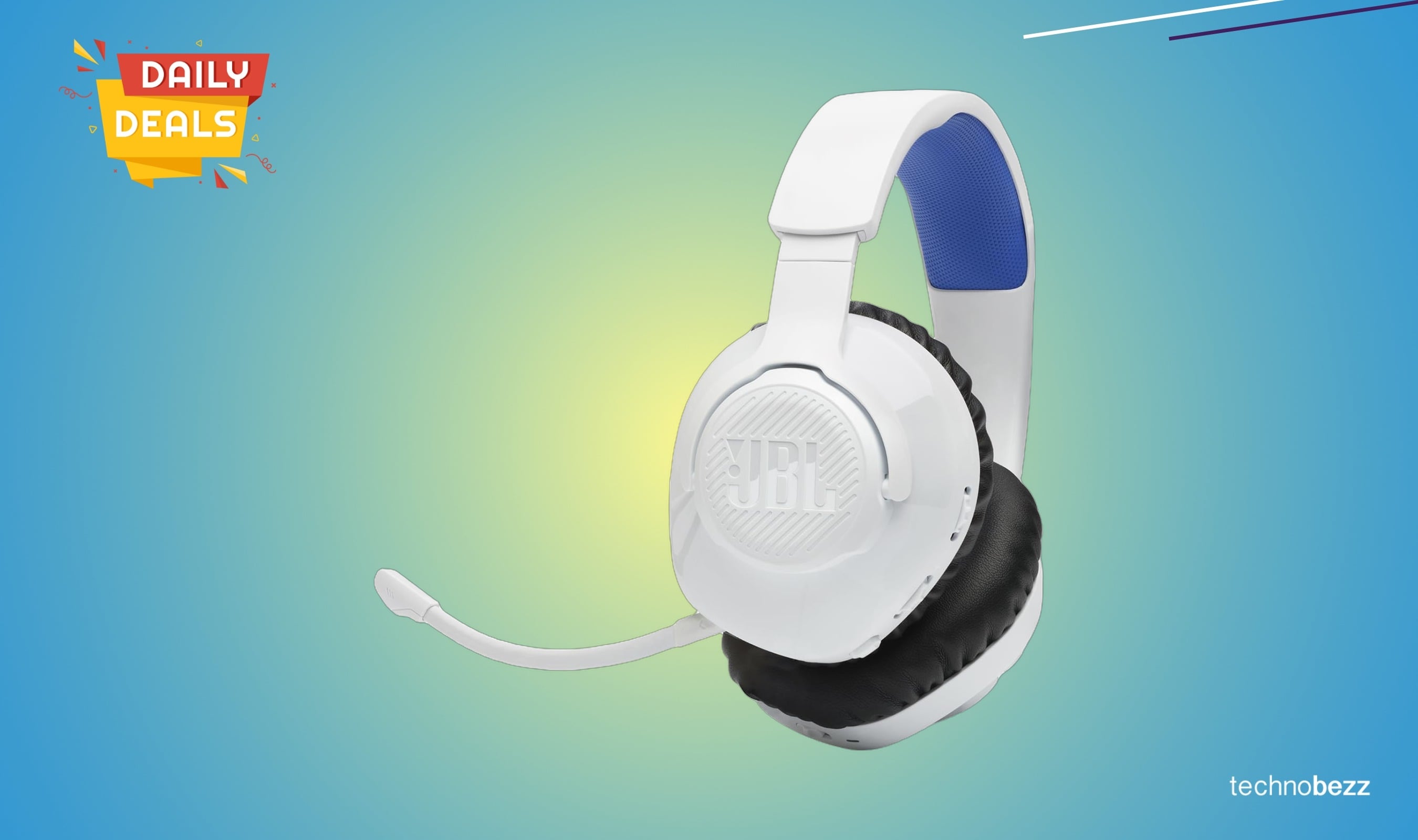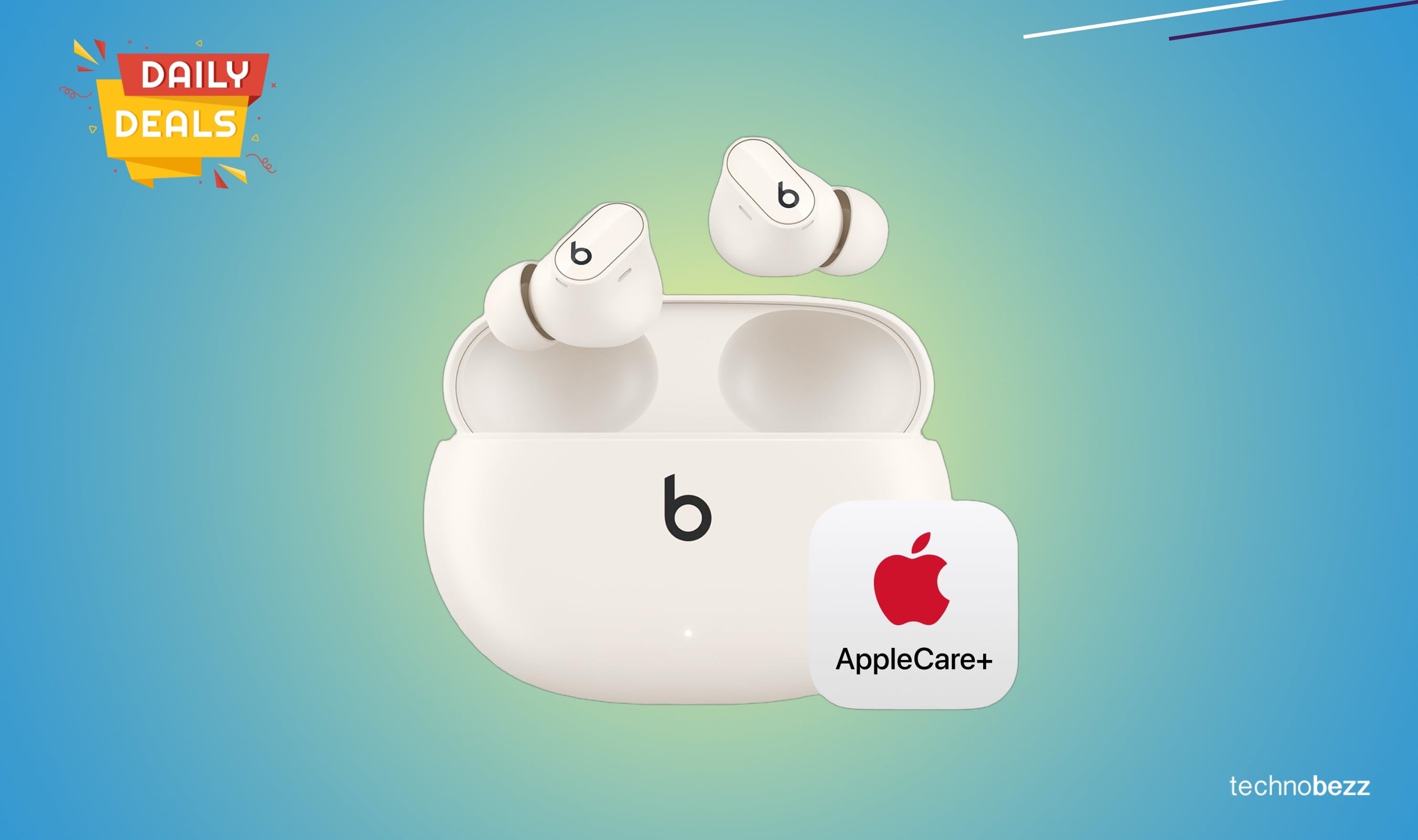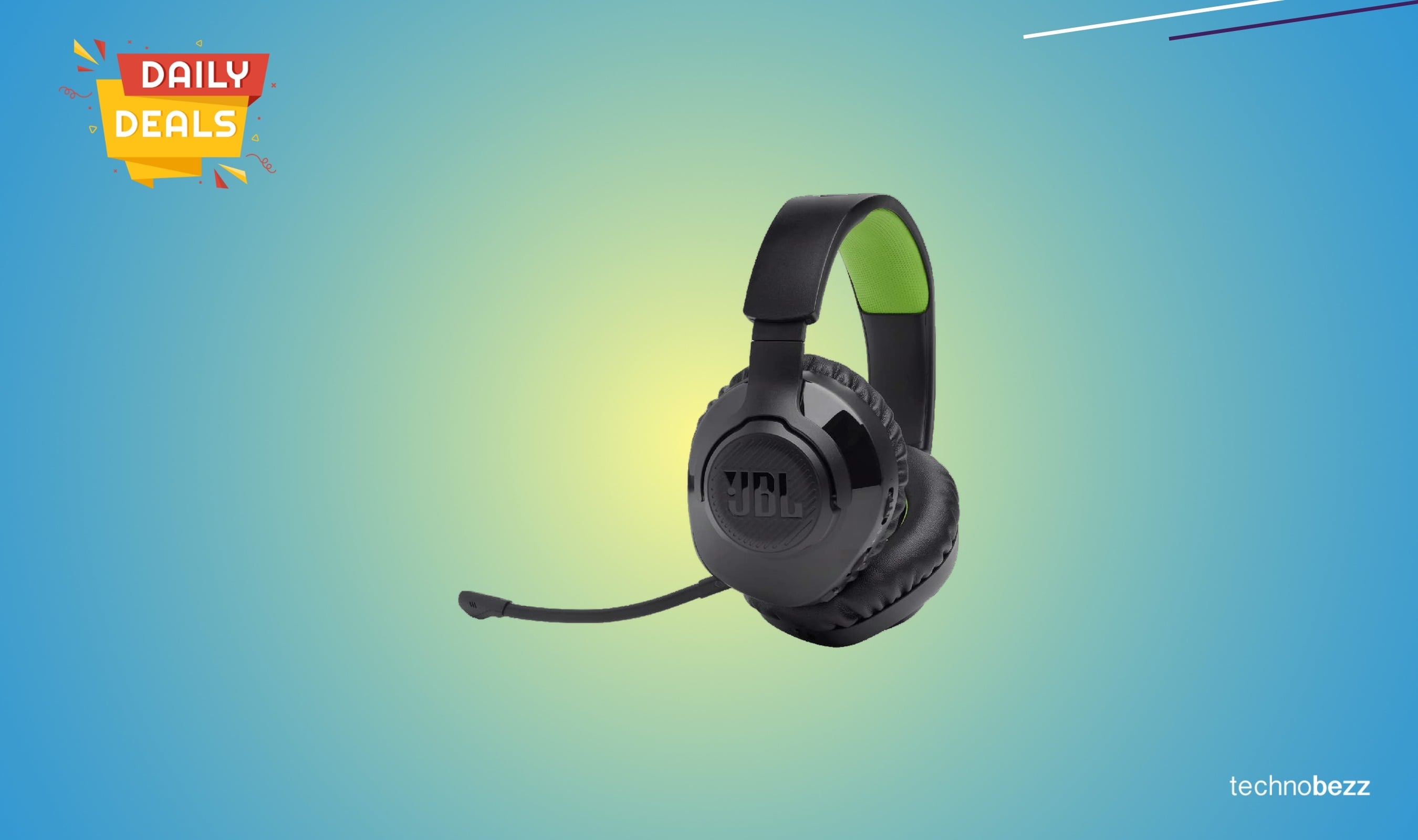Just in time for the holiday shopping rush, two of AI's biggest players are making their move into e-commerce. OpenAI and Perplexity both announced AI shopping features this week that aim to transform how we discover and purchase products online.
See also - OpenAI launches group chats in ChatGPT for up to 20 people
OpenAI's new "shopping research" experience in ChatGPT represents a significant upgrade from simple product queries. Instead of just checking prices or confirming features, users can now describe complex shopping needs - like finding "the quietest cordless stick vacuum for a small apartment" or choosing between three different bikes - and get a personalized buyer's guide in minutes. The feature asks clarifying questions, researches across the internet, reviews quality sources, and builds on ChatGPT's understanding of users from past conversations.
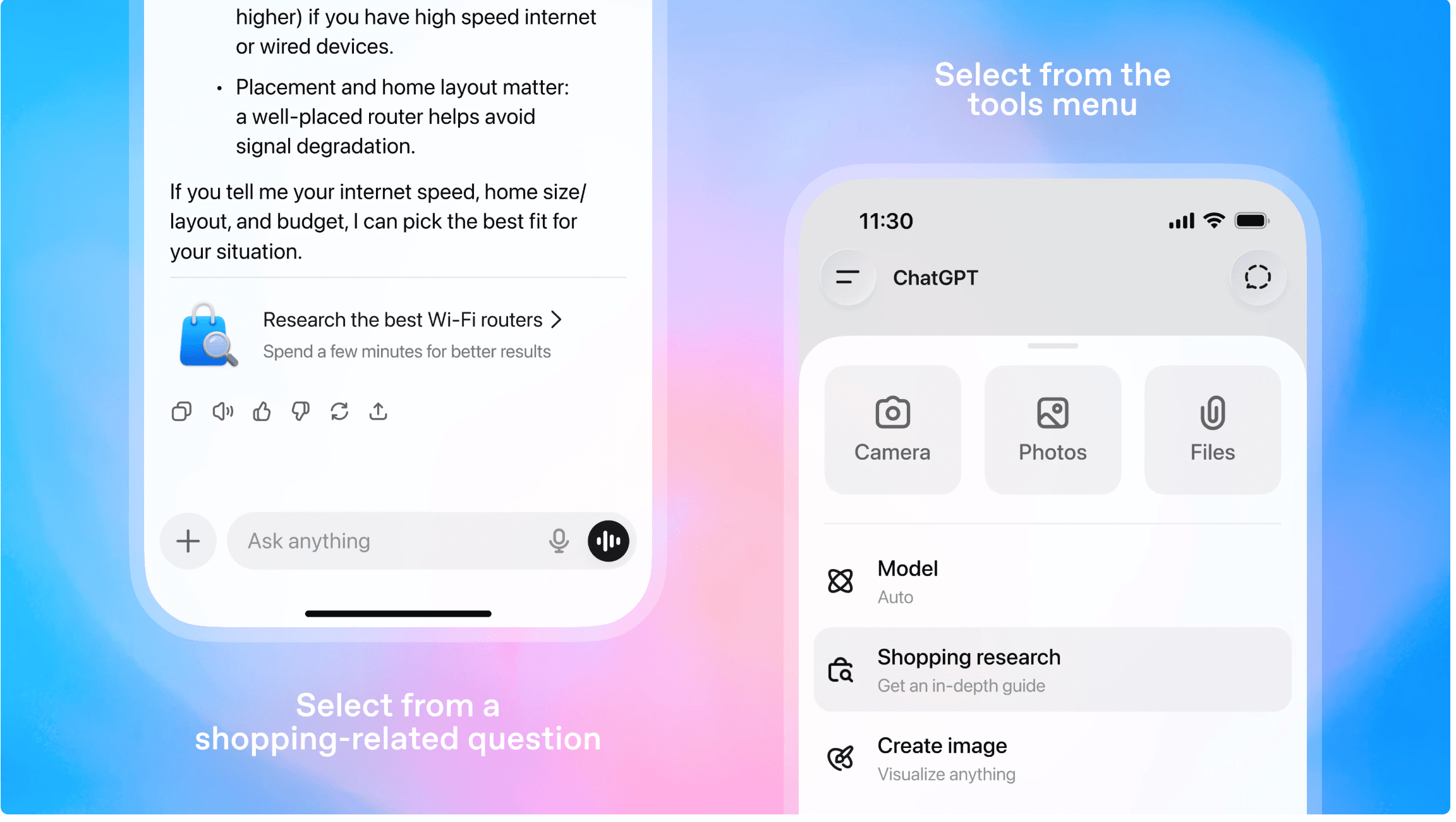
Meanwhile, Perplexity is taking a different approach with its free agentic shopping tool launching this week for US users. Partnering with PayPal, the AI search company will allow consumers to purchase items from more than 5,000 merchants directly without leaving Perplexity's search engine. The tool detects shopping intent more accurately than Perplexity's previous "Buy With Pro" offering and draws on memory from users' past searches to deliver personalized results.
What's interesting here is how both companies are approaching the same problem from different angles. OpenAI's shopping research focuses on the discovery and decision-making process, taking several minutes to deliver detailed, well-researched answers for complex purchases. Perplexity, on the other hand, emphasizes the seamless transition from discovery to purchase, with PayPal handling the checkout process directly within the AI interface.
For OpenAI, this represents a natural evolution of ChatGPT's capabilities. The company notes that hundreds of millions of people already use ChatGPT to find, understand, and compare products. Shopping research is built specifically for deeper decision-making scenarios where users need comparisons, constraints, and tradeoffs analyzed across multiple options. The feature performs particularly well in detail-heavy categories like electronics, beauty, home and garden, kitchen appliances, and sports equipment.
Perplexity's approach reflects its search-first DNA. The company's chief business officer Dmitry Shevelenko told CNBC that "most people want to still do their own research" but want that process "streamlined and simplified." The agentic part, he explained, is "the seamless purchase right from the answer." Users will benefit from PayPal's buyer protection policies while merchants maintain their direct relationship with customers.
Market context and competition
Both companies are entering a market that Adobe predicts will see AI-assisted online shopping grow by 520% this holiday season. But they're not alone, specialized AI shopping startups like Phia, Cherry, and Deft have been working in this space for some time.
Zach Hudson, CEO of interior design shopping tool Onton, believes specialized startups still have an advantage. "Right now, ChatGPT and LLM-based tools like Perplexity piggyback off existing search indexes like Bing or Google," he told TechCrunch. "That makes them really only as good as the first few results that come back from those indexes." Vertical models, he argues, outperform because they're tuned to real consumer decision-making in specific domains.
For consumers, the immediate benefit is clear: less time spent sifting through dozens of websites and more personalized recommendations. OpenAI's shopping research is rolling out today on mobile and web for logged-in ChatGPT users on Free, Go, Plus, and Pro plans, with nearly unlimited usage available through the holidays. Perplexity's free shopping tool launches this week for US users, with mobile apps following in the coming weeks.
As these AI assistants become more integrated into our shopping habits, they're not just changing how we buy, they're redefining what it means to shop online. The question isn't whether AI will transform e-commerce, but which approach will prove most effective at turning browsing into buying.



